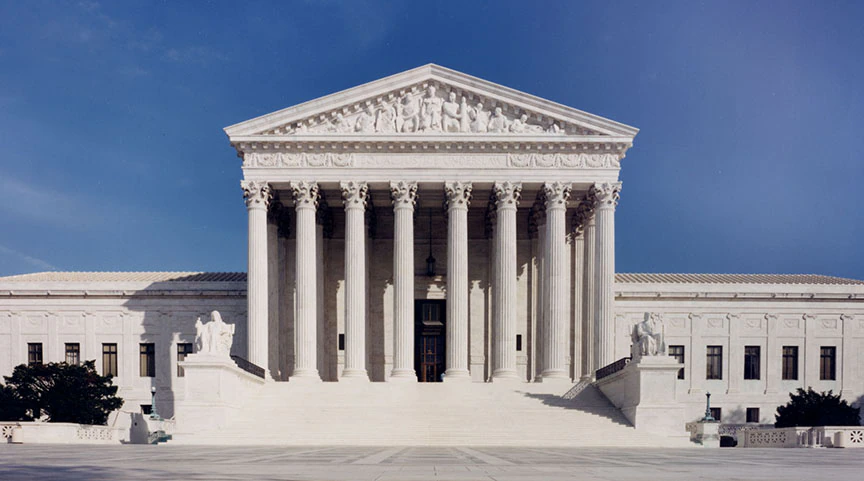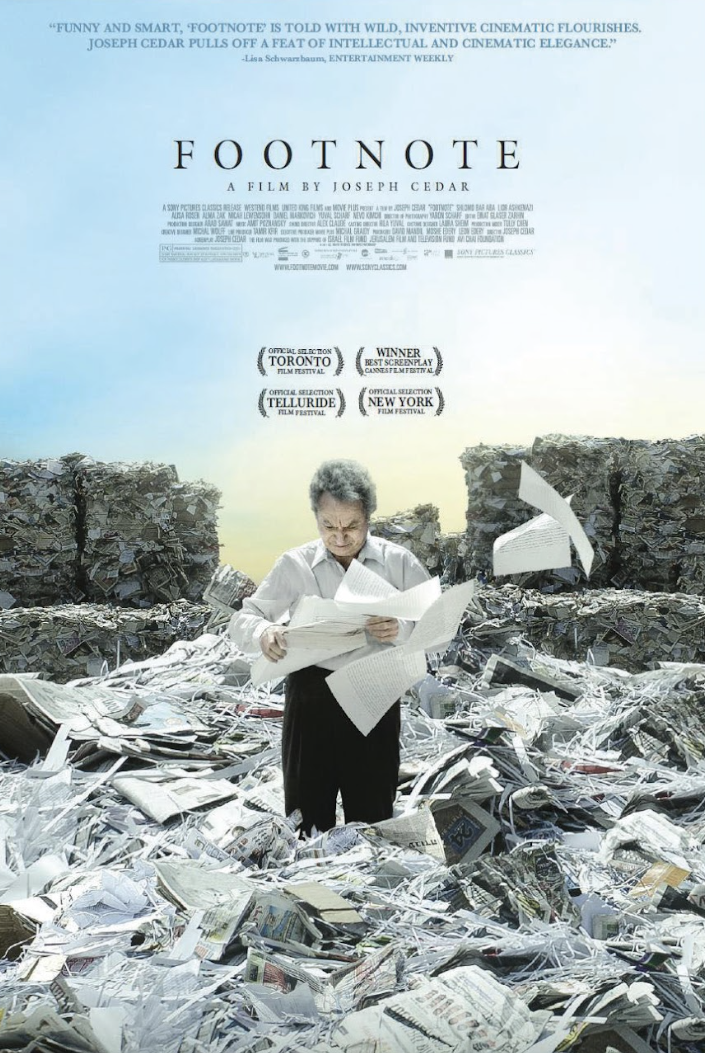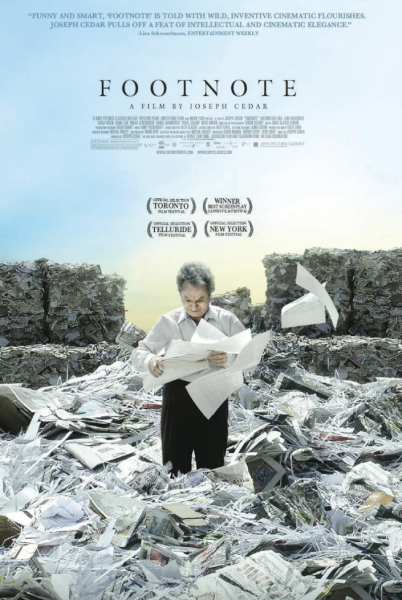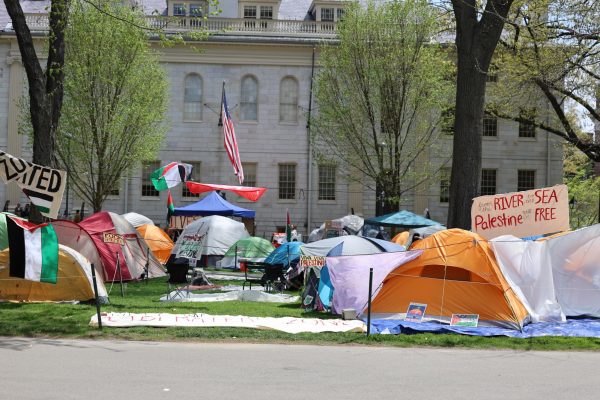Groff v. Dejoy: The battle over the Sabbath
An image of the Supreme Court building where Groff v. Dejoy will be heard.
May 1, 2023
On April 18, the Supreme Court heard the case of Groff v. Dejoy, a landmark religious liberty case between an Evangelical postal worker and the federal government. The United States Postal Service (USPS) fired Gerald Groff after he refused to work on Sunday, his Sabbath. As a firm believer in religious liberty, I hope the Supreme Court rules in favor of Groff and Sabbath observance.
Groff seeks to overturn a precedent set by the Supreme Court in 1977 where they ruled that an employer does not have to give a religious accommodation if it incurs “more than a de minimis cost.” “De minimis” is a Latin legal term meaning minimal or trivial, and so the ruling requires religious accommodations as long as the employee’s absence causes minimal expense for the company. This ruling results from the court’s interpretation of the wording “undue hardship” in an amendment to the Civil Rights Act in 1972.
My grandfather, Nathan Lewin, drafted that amendment. Despite graduating at the top of his Harvard Law School class, he struggled to find a job because of his Sabbath observance. Whenever an employer discovered he couldn’t work Saturdays, the job offer was rescinded. My grandfather wrote that amendment so that others wouldn’t have to suffer through the same discrimination.
The “de minimis” interpretation is therefore insulting to me. If Sabbath observance isn’t protected under the Civil Rights Act, then much of my grandfather’s work was for naught. I would never wish for someone to go through the same struggle as my grandfather, having to choose between religion and livelihood.
My opposition to the “de minimis” interpretation is not just moral. It’s legal as well. The wording of “undue hardship,” which is used in the Civil Rights Act amendment relating to an employer’s required religious accommodations, is also used in the Americans With Disabilities Act (ADA). However, in the ADA, “undue hardship” is defined as “an action requiring significant difficulty or expense.”
The ADA standard is far stronger than the “de minimis” one. This means that a company can fire a worker for observing Sabbath, but has to spend thousands of dollars ensuring their offices contain ramps and elevators in compliance with the ADA, despite both examples of accommodations requiring “undue hardship.”
As a Sabbath-observant Jew, who will be entering the workforce within the next decade, I hope that the Supreme Court overrules the “de minimis” standard. As a country that prides itself on its freedom of religion, it is unacceptable that people can still be fired for observing an explicit religious practice.















